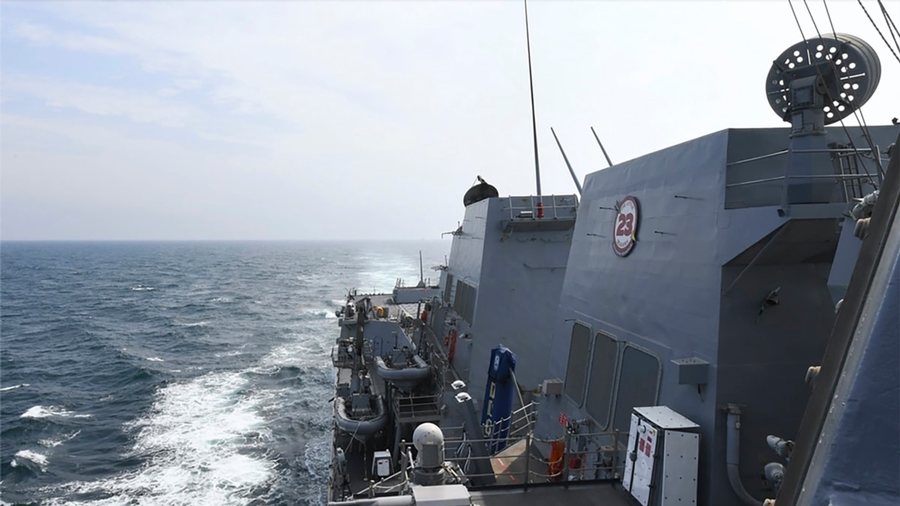
As the world awaits the return of the US President-elect to the White House in January, according to VOA correspondent William Yang in Taipei, Taiwan finds itself in the midst of increased aggression from China and uncertainty surrounding the island's relationship with the United States. United.
From military personnel to civilians, Taiwanese residents are preparing for an uncertain future as a new US President prepares to take office and increased pressure from China. Beijing considers Taiwan, the self-governing island, to be part of China and says it will use force, if necessary, to make that claim a reality.
While President Joe Biden has repeatedly reiterated that the United States will help Taiwan if it is attacked by China, President-elect Trump has suggested that Taiwan should pay the United States for its protection.
Twenty-eight-year-old Angel Chi, a resident of Taipei, says she is worried.
"I'm a little worried because I'm having a hard time understanding what Mr. Trump is saying, what he's doing specifically, and what he's doing behind the scenes, things that we can't see. He has always acted based on his interests and the interests of the United States ," she says.
Although Mr. Trump has nominated Marco Rubio and Michael Waltz, both figures known for their hawkish stances on China, as possible members of his administration, his comments on Taiwan were ambiguous.
Here is Mr. Trump's response in July 2023, during an interview with Fox News.
"I don't want to say what I'm thinking. If I answer this question, I will be put in a very bad negotiating position" , he declared.
Mr. Trump's position is also unclear to Taipei-based geopolitical analyst Michael Cole.
"We no longer know if his position is really to return the United States to a more isolationist position ," he says.
China's position is clear.
"China completely opposes any form of official communication between the United States and Taiwan ," he says.
Some Taiwanese believe the island's democratic values will help strengthen relations between the United States and like-minded countries.
"President Trump wants to distance himself from President Biden, to have his own positions, but I don't think they will have an impact on the weight of Taiwan for the United States or as part of the world defense front against China," says the resident of Taiwan, Chen Cheng-yi.
Experts also agree – it is unlikely that there will be radical changes in the relationship between the United States and Taiwan in the next administration.
"The situation is such that we will be very careful and attentive to developments, but we are not panicking. We also have very strong bipartisan support in Congress, and it can always be the main pillar for Taiwan to maintain and strengthen the relationship between Taiwan and the United States in various fields" , says the President of the Prospect Foundation, Lai I- Chung in Taipei.
As Taiwan tries to strengthen relations with the United States and prepare for the start of President Trump's administration, China has increased military pressure on Taiwan since President Lai Ching-te took office in May. China is conducting exercises around Taiwan, and its navy is stepping in. These actions are directed at Taiwan's government as much as its voters, says analyst Cole.
"They hope that by creating a sense of insecurity and isolation of Taiwan, they will convince Taiwanese voters, if not the government of Taiwan, to avoid the risk ," he says.
Analyst Cole says the level of Beijing's aggression towards Taiwan will depend on China's assessment of Mr. Trump's new administration's policies on Taiwan and China./Voice of America (A2 Televizion)











